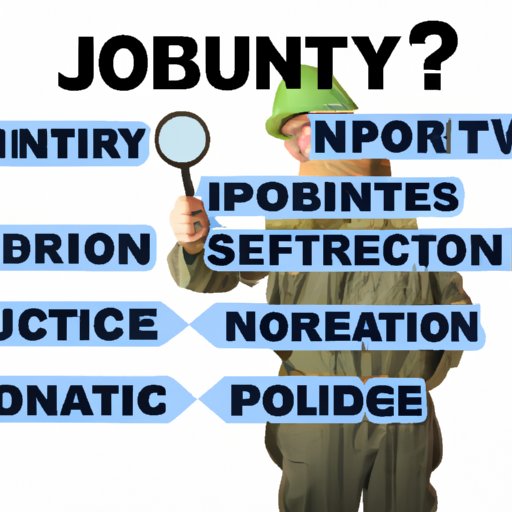Introduction
A technical artist is a professional who combines both artistic skill and technical knowledge to create visuals for interactive media such as video games, virtual reality, and 3D animation. Technical artists are responsible for creating assets from concept art, designing user interfaces, and developing scripts to help bring projects to life. If you’re interested in becoming a technical artist, this article will explore the essential skills and strategies you need to know to succeed in the field.
Research the Essential Skills Needed to Become a Technical Artist
The first step to becoming a technical artist is to research the essential skills needed for the role. A good place to start is by looking at job postings for technical artist positions. These postings will list the technical skills, experience, and qualifications employers are looking for. Take note of the requirements, and use them to create a list of skills you need to learn or develop.
Once you have an idea of the skills required, take some time to review tutorials and online courses. There are plenty of free and paid resources available that can help you gain the skills necessary for the job. For example, Udemy offers a variety of courses on topics such as 3D modeling, game design, and animation. By taking these courses, you can get a better understanding of the tools and techniques used in the industry.

Identify Job Opportunities in the Industry
Once you’ve developed the skills needed to become a technical artist, the next step is to identify job opportunities in the industry. Start by researching companies that hire technical artists. Look for job postings on websites like LinkedIn and Glassdoor, and follow up with any contacts you have in the industry. This can be a great way to get your foot in the door.
In addition to researching job postings, it’s also important to network with other technical artists in the industry. Connecting with experienced professionals will give you insight into the day-to-day operations of the job, as well as tips and advice on finding work. Consider joining online forums and communities, attending events and conferences, or reaching out to potential mentors.

Develop a Portfolio of Work
To stand out from other applicants, it’s important to develop a portfolio of relevant work. This should include samples of your best work, such as 3D models, animations, and effects. Post your portfolio on job boards and other sites, such as ArtStation and Behance, so potential employers can easily find it.
Take Online Classes or Workshops
Taking online classes or workshops can be a great way to expand your skills and knowledge. Look for free or discounted classes on topics such as 3D modeling, rigging, animation, and game development. Keep an eye out for online webinars and seminars hosted by industry experts, as these can provide valuable insights into the field.

Network with Other Technical Artists
Networking with other technical artists is a great way to stay up to date on industry trends, as well as get advice and support from experienced professionals. Reach out to other technical artists for advice on finding work, getting feedback on your portfolio, or simply sharing ideas and experiences. You can connect with other artists through online forums and communities, or attend industry events and conferences.
Familiarize Yourself with Industry Software and Tools
Finally, it’s important to familiarize yourself with the software and tools used in the industry. Research different software packages and tools, such as Autodesk Maya, Adobe After Effects, and Unity, and try them out to find the best fit. This will ensure you have the right skills and knowledge to be successful in the field.
Conclusion
Becoming a technical artist requires a combination of artistic skill and technical knowledge. With the right skills and strategies, you can launch a successful career in the industry. Start by researching job postings to identify the essential skills needed, then create a portfolio of relevant work and network with other technical artists. Finally, take online classes or workshops and familiarize yourself with industry software and tools.
(Note: Is this article not meeting your expectations? Do you have knowledge or insights to share? Unlock new opportunities and expand your reach by joining our authors team. Click Registration to join us and share your expertise with our readers.)
